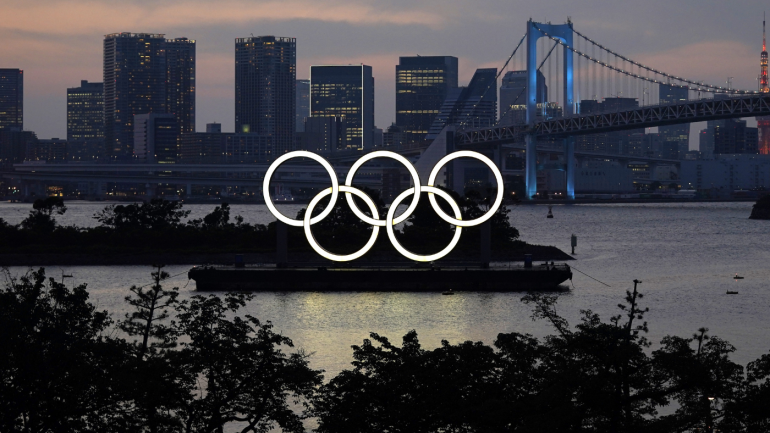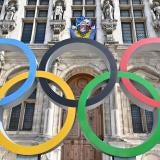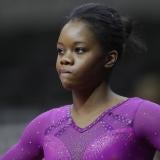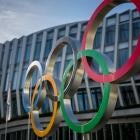
Athletes who decide to take a knee or raise their fist in protest at the 2020 Summer Olympics in Tokyo will be punished. On Wednesday, the International Olympic Committee revealed that the protest ban will be in place when athletes are inside stadiums, at ceremonies, and on podiums.
The IOC's Rule 50 condemns any form of "demonstration or political, religious, or racial propaganda" in Olympic venues. In addition, the Olympic governing body came to the conclusion that the ban would remain in place following consultation with athletes.
IOC Athletes' Commission chief Kirsty Coventry recently reviewed the rule, and said the majority of athletes consulted were against any form of protests within the Olympic Games.
"I would not want something to distract from my competition and take away from that. That is how I still feel today," Coventry said during an online presentation regarding Rule 50.
Coventry added that there were recommendations approved by the IOC's Executive Board on Wednesday. Those recommendations included "providing clarity on sanctions, more information about Rule 50, a change of wording of the Olympic Oath with messages on inclusion, and producing athlete apparel with inclusive messaging."
Coventry was asked if athletes would be punished if they elect to protest in Tokyo, and she responded "Yes, that is correct."
Coventry said that an estimated 70 percent of Olympic athletes didn't want to see protests inside stadiums, at ceremonies, or at podiums. 3,500 Olympic athletes were polled regarding their feelings on the subject of protests.
After being postponed last year due to the COVID- pandemic, the Tokyo Olympics are scheduled to begin on July 23 and run through Aug. 8.





















